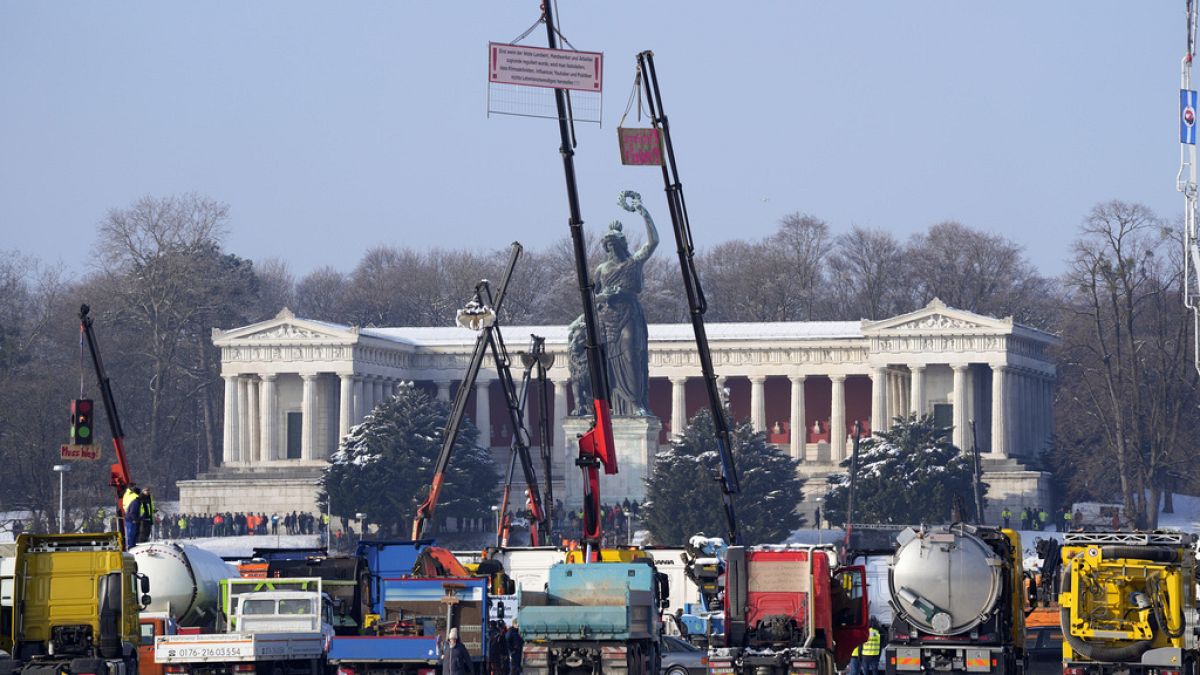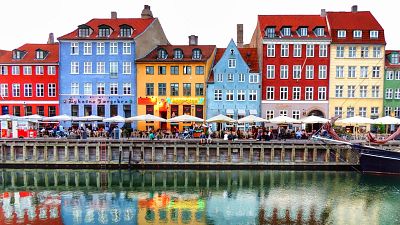Germany's "ongoing period of weakness" could last longer than expected, the country's central bank is warning.
Europe's largest economy may have already slid into a recession, according to Germany's central bank, the Deutsche Bundesbank. This is mainly due to a number of factors such as dampened construction activity, strikes and falling foreign demand.
The news comes after the German economy saw a fall of 0.3% in the last quarter of 2023.
Looking forward to expectations for the current quarter, the Bundesbank said in its monthly report that "stress factors would probably remain in the first quarter" which would mean "economic output could therefore decline again slightly in the first quarter of 2024".
Why is Germany’s economy slowing down?
Germany has been dealing with a slew of issues hitting economic growth for the past few months. Out of these, one of the most pressing issues is a fall in construction and house building activity. The HCOB Germany construction purchasing managers' index (PMI) fell to a more than three-year low in October 2023, due to German residential projects falling at their fastest pace since 1999.
New orders have also been disappointing, as several clients are still dealing with the lingering effects of the pandemic on household finances and businesses. As such, investments in new projects have been relatively slow to achieve. German house prices also fell considerably in 2023, the most since the 1960s, according to the Kiel Institute for the World Economy (IfW).
The raising of interest rates by the European Central Bank (ECB) have also made capital more expensive, causing more ongoing projects to be postponed or cancelled.
The ongoing effects of the Russia-Ukraine war are also still being felt in Germany, through their impact on energy prices. Although Germany's current coalition government has come up with price packages to help support manufacturing industries with energy bills, the long-term effectiveness of these measures are still to be seen.
Furthermore, net zero goals are increasingly taking a backseat, following the German government's sudden finding of a shortfall of about €60 billion for its green transition goals, due to its recent budget crisis and spending freeze.
In line with the overall cautious sentiment, the country is also seeing a drop in foreign industrial demand and spending. This is affecting consumer spending, with several consumers still recovering from higher holiday spending, as well as steeper energy bills at the peak of winter.
Germany is also facing the fallout of ongoing farmer protests, as with many other parts of Europe, due to farmers protesting against agricultural diesel being rolled back.
Strikes are being seen in other sectors too, such as the airline sector. Germany's national carrier, Lufthansa, has had to cancel 80% to 90% of its flights from 18 February evening to 21 February morning, due to a number of ground staff walking out. This has mainly affected Frankfurt, Berlin, Munich, Cologne-Bonn, Hamburg, Stuttgart and Düsseldorf.
However, the Bundesbank believes that a recession, if happening, should be quite shallow, with the German economy hopefully recovering without too much long-term damage.



